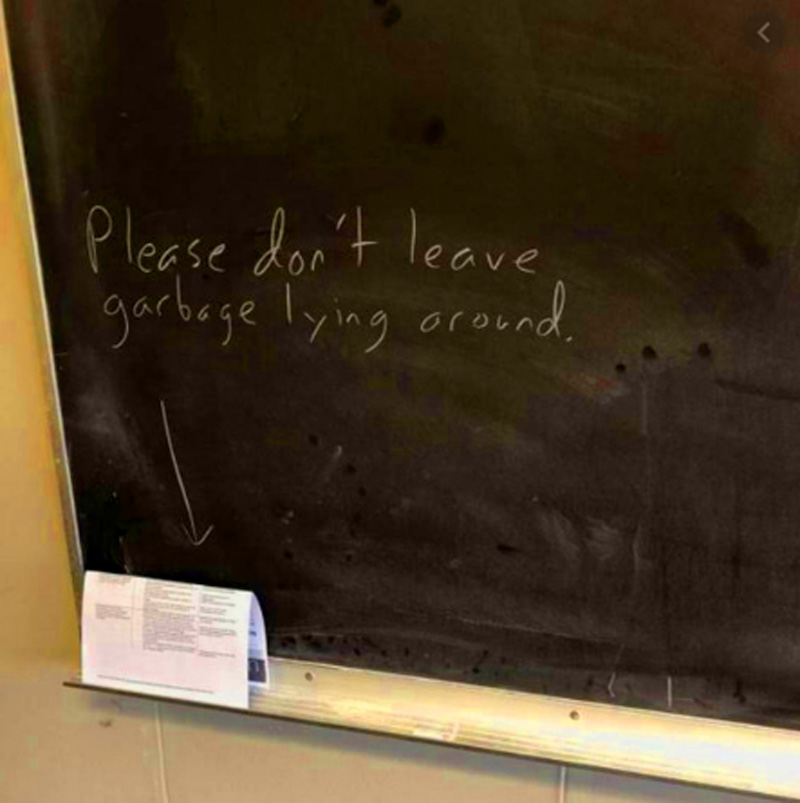The Shepp Report
Special Edition
Living In Colin Kaepernick's America
June 15, 2020
A domestic millionaire quarterback believes that whites in the sports stands and on his team have a disease called white privilege.
An NFL commissioner gets 40 million bucks for watching over some of the richest players in the world qualified to throw and catch footballs in multi-million dollar stadiums built by investors and taxpayers. He also accuses all whites around him having the same disease of white privilege. So is this what American achievement has come to?
Yes, Dorothy, click your heels three times and you'll be in Kansas again. But this time you may not recognize it. Maybe your low income aunt and uncle's farm has been burned down or instead still standing with words painted on the outside in huge red letters, "Only racists live here."
For those of us who taught at low salaries in public schools in the 60's, grabbing a summer job working manual labor in a steel mill or factory, we all have a little trouble understanding the quarterback's or the commissioner's problem. We all taught our kids the promise of having a good life if they worked hard growing up in America, as those in the NBA might have done when they were young playing on inner city or community basketball courts.
But even that idea is now under attack by too many Marxists that have been allowed to run our colleges, as shown recently at the University of Texas. Read about it in the story below. I hope when you are done, you're fuming.
Socialist professors that infest our higher education today seem to do "high fives" to the work of radicals such as the late socialist, Saul Alinsky, from the south side of Chicago. It is a place where somehow the lives of blacks don't matter and haven't for decades, even under eight years of a black presidency.
It's only when the color of the finger on the trigger is noted that the death is counted. And even then only if it belongs to a cop. If the thumb is black, then those killed are only a number like 18 in 24 hours in Chicago last weekend.
In that case no one in the national media cares whose life was taken, a child, a mother or a father. Not one Washington D.C. Democrat. Not one DNC supported national news network. Why? Who is going to protest? If you don't care about the life taken, it is of no use to the Marxists who want to call the country racist. They know the public will not ask, still easily pushed around like cattle or sheep.
Saul Alinsky and his thugs hate freedom but love the collective. His ideas were taught to a man who would become president of the United States, holding back that he didn't like the people he would be representing, promising to "fundamentally transform" their lives whether they liked it or not. He then hid his objective under the faux banner of "Hope and Change."
I wonder if those who throw or catch a ball for millions of dollars, or toss them through hoops, know about these American colleges that now mock the ability to rise up in America through hard work like they may have achieved?
But if you own a few BMW's or wear gold chains around your neck, thicker than any my Swedish immigrant grandparents or I could have imagined, you seem to have become so wealthy you don't need to care about simple working class values anymore. How things change when you have gold rings on your fingers and a few thousand bucks in your back pocket for chump change.
Some of those now even look to the Communist Chinese Party (CCP) to wrap their arms around for more fame, more money and more things that go zoom by reaching out to 1.5 billion Chinese kept under bondage.
But those everyday Chinese, watching you throw balls through a hoop, had lost tens of millions of their own people 60 years earlier for the sin of having the privilege of making unique bows and arrows for hunting, special cloths, artist paintings techniques handed down from centuries of work or historic tradesmen that could create anything they could imagine through hard work.
So who is the victim? - Webmaster
|
|
|
The Last Train Home
Click Here if the video has been taken down by YouTube's "community standards."
|
Comment On. . .
"Well Respected Math Professor Mocks A Leftist Belief, And Gets Fired For It."
"I think it’s good that an occasional challenger rises to the occasion but, understand, this singular event may very well mean disaster for the fired associate professor. Universities stick together with tentacles that reach far and wide, and deep, so good luck when he tries to find a job elsewhere.
And these are the kind of people that are teaching our children?!
The Federal Gov’t has, for untold decades, funded academia to the tune of trillions of dollars. But, in fact, the Feds never had any business doing this since this is not now, and it never has been, one of the 13 exclusive federally mandated functions of the Federal Government (ie., like interstate highway development, immigration, border control, etc).
But all those decades of Democrat control were nothing but a gigantic gravy train for every thing the Democrats ever wanted or desired.
Bottom line: higher education funding could and should be stopped immediately and without fanfare, and this urgently needs to happen. The College/University system is nothing more than an internal combustion machine that churns out Leftist/Progressive ideologues like candy.
The small town campus of the College of William & Mary, for example, is one of thousands of campuses around the country whose most recent annual alumnae fundraiser raised...are you ready for it?...one billion dollars.That’s on top of the massive federal funds it generates annually.
This is a Globalist system if there ever was one. And William & Mary’s ties go back, like so many do, to vast European wealth and power that likes to tinker in our American schools.
Maybe that young absent-minded associate math professor didn’t know what he was getting into but he should have...ding! ding! ding!" - Dr. Ellen Rudolph, South Carolina
Click here for previous HTML e-mail releases from Freedom is Knowledge (2011 - current.)
| Thank you for considering to pass along these e-mails. |
Did you miss one of our e-mails? Check out the link below.
Sample Of A Few Archived Links
| Fascism Comes To America | It Doesn't Matter?! | America Facing Evil | Whistleblower |
| Obama's 1990 article - “We’re Going To Reshape Mean-Spirited Selfish America.” | Print Page |
| The United States Flag: Federal Law Relating To Display And FAQs | U.S. Flag Code |
It is no measure of health to be well-adjusted to a profoundly sick society - J. Krishnamurti
 |
| Graphic Source: Pinterest |

